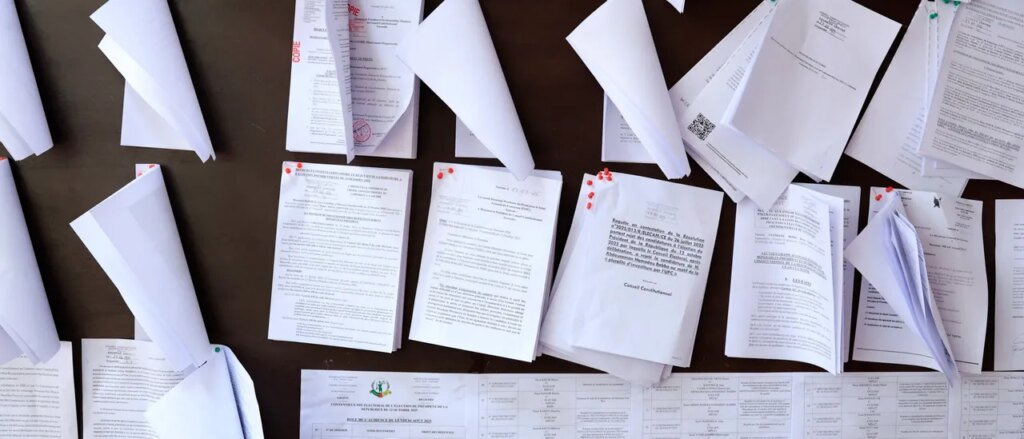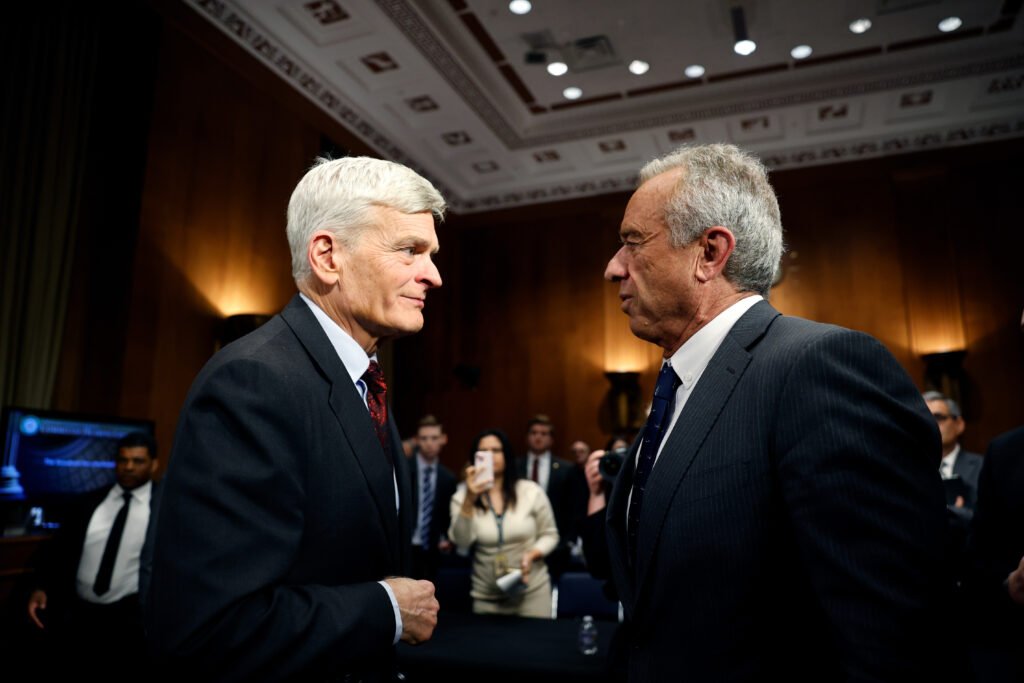Confusion Leads to Week-Long Detention of Defendant
A defense attorney has expressed urgent concerns after their client was held for a week, even though prosecutors didn’t seek her detention. The attorney’s court submission included an alarming note—“Help!!!”
The client, Kristal Rios Esquivel, was arrested at the National Zoo on August 20th following an incident where she allegedly spat on a police sergeant and made contact with the officer’s feet during her arrest. Reports indicate that she attempted to access a restricted area meant for staff.
Federal authorities didn’t bring Rios Esquivel to court until August 25th, a significant delay as she should have appeared before U.S. Magistrate Judge Zia Faruqui much earlier. The judge noted in a courtroom order that, at the hearing, the government had not requested her detainment. Instead, Judge Faruqui sought her release under minimal conditions.
In a footnote, the judge mentioned the unusual circumstances surrounding her incarceration, highlighting that the federal government did not intend to keep her in pretrial custody.
The defense attorney filed the motion for release, addressing apparent confusion surrounding an outstanding warrant. Court documents revealed that while an unpaid warrant was cited, it had already been acted upon for pretrial services. This lack of clarity seemed to bewilder the attorney, who concluded their filing with “Help!!!”
Judge Faruqui observed that the corrections department informed the defense attorney it could not comply with the court’s release order due to a ‘hit’ on Rios Esquivel’s name in the warrant system. However, this warrant was the same one addressed during her August 25th appearance.
Justice Department prosecutors later intervened to rectify a mistaken database entry that led to her prolonged detention. Faruqui labeled this incident a case of “false incarceration” and referenced a similar situation that had occurred earlier in the year.
In his remarks, the Magistrate emphasized the troubling lack of prompt answers regarding releases, expressing concern over investigative processes to ensure those ordered released are, in fact, released.
The DC Department of Corrections and U.S. Lawyers declined to comment on the matter.







